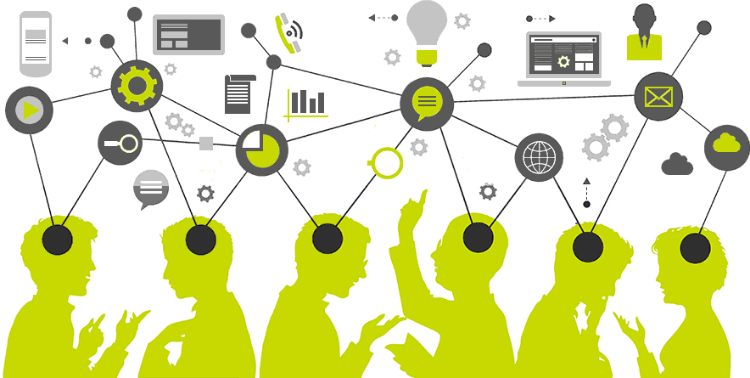Businesses of all sizes are still using obsolete ways to track customer data. This may include paper records, spreadsheets, saved emails or separate databases for various types of customer data. Many people continue to use the same tools because it seems to be working for them, or they’re afraid to invest in a better system because they don’t see the benefit relative to the cost. Here are three major signs your business is in dire need of a CRM system.
Finding Information Wastes Time and Money
If someone has to bounce between databases, software tools, sticky notes or paper records to find information on a customer and their order history, they’re wasting time. This translates into wasted money. Multiply that by the number of customers you’re dealing with on a regular basis, and you can determine how much money you’re losing by not having a CRM system. Giving your employees a single, centralized source of easily accessed data will increase productivity at a lower cost while improving sales success rates and increasingcustomer retention.

The ideal CRM solution allows you to pull in prospects from web forms and customer emails and send out instant messages or emails based on changes with their account. However, no one CRM tool can do everything. For example, HubSpot is one of the best customer relationship and marketing tools, but staff have to copy and paste email data to save to the customer’s file. That’s time consuming and error prone. Tools like PieSync allow you to sync HubSpot with Outlook, allowing you to transfer email conversations from email to HubSpot. If you want to know exactly how to do this and maximize HubSpot’s potential, you can read more here.
You Can’t Keep Up with the Influx of New Business
A flood of new business or new leads is a great thing to have. However, not all businesses are able to keep up with the influx. This could cause you to lose track of leads or fail to follow up with them. This can cost you potential revenue. Conversely, an intelligent CRM tool allows you to sort and prioritize leads. Then you’re responding to new, qualified leads in a timely manner. Some CRM systems can clean your customer data, filling in sales data someone left out and remove duplicates. A side benefit of solid CRM systems is that you’re able to scale.
You’re Constantly Checking on Your Employees
Sales managers need to know what their teams are doing and how they are performing. Status meetings, status reports and constantly checking in on employees wastes everyone’s time. The solution is to implement a customer relationship management system.

When employees can update details from the road immediately after meetings, managers don’t have to call and ask them what happened. When the techs on site can record what they found when providing service, customer service has this information when a customer calls with a complaint.
The best CRM solutions allow you to not only pull reports on any issue at the touch of a button, but you can accurately forecast sales and determine where there is the greatest return on the effort if you reallocated labor. Another benefit of CRM tools is that you can determine your future path to growth using the data you already have.
The future of your business depends on your customers. A CRM system allows you to develop and maintain good relationships with them while maximizing the recruitment of new ones.


